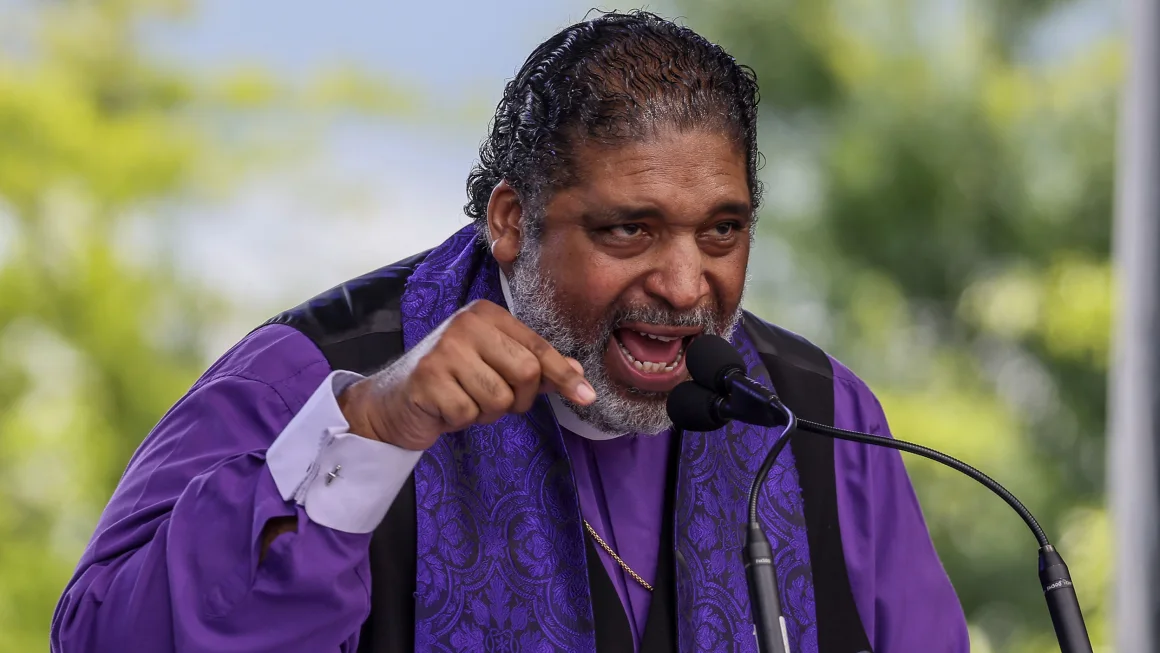As speculation grows about Donald Trump’s possible second term, some evangelical voices are proposing surprising strategies for Democratic revival. A fiery evangelical pastor has outlined a provocative blueprint for reshaping the Democratic Party’s approach to religion, focusing on reclaiming moral and cultural narratives often dominated by conservatives. This perspective suggests that Democrats can engage faith-based communities while maintaining their progressive principles, countering the Republican grip on evangelical voters.
The pastor argues that Democrats should address issues resonating deeply with religious communities, such as poverty, healthcare, and justice. These are themes with strong biblical underpinnings that could bridge the divide between secular progressives and faith-driven voters. By highlighting these concerns, Democrats could reposition themselves as moral leaders advocating for a just society.
The role of charismatic evangelical movements, such as those championing Christian nationalism, has shifted the political landscape. These movements prioritize direct spiritualized leadership and cultural transformation over traditional political alliances. Critics caution that ignoring these dynamics risks ceding critical ground to the Republican Party, especially as Trump continues to appeal to such groups with promises of conservative judicial appointments and opposition to progressive social policies.
Efforts to reconnect faith and liberal politics may also involve leveraging grassroots networks within churches. Leaders suggest Democrats promote inclusive policies that align with religious values without alienating their secular base. This approach requires careful messaging to address faith-driven concerns while maintaining commitments to diversity and inclusion.
This call for a Democratic revival within religious spheres emerges as Trump’s evangelical base deepens its influence in shaping national discourse. Progressive leaders may find this strategy critical in navigating the challenging road to the 2024 election and beyond











